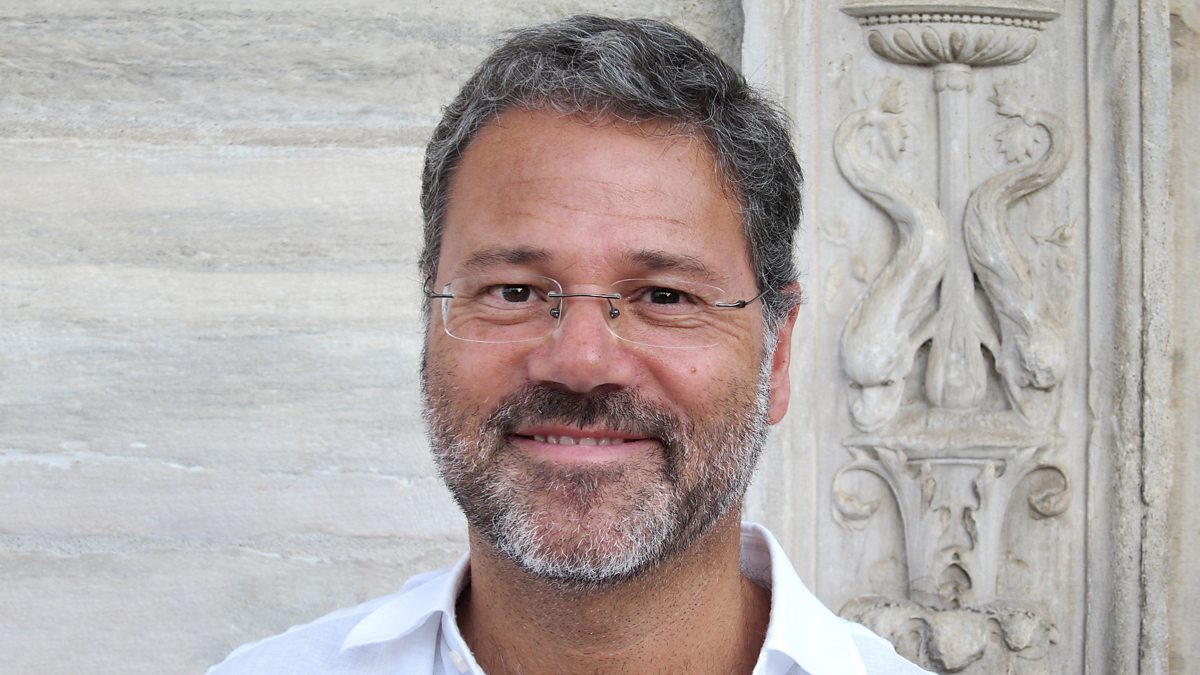Last night I went to hear a concert given by the Orchestra of the Age of Enlightenment in Basingstoke which featured the fabulous conductor Marin Alsop. Although she is American, she earned her reputation conducting the local Bournemouth Symphony Orchestra and has developed into the kind of advocate for Classical Music that used to be associated with sir Simon Rattle. She has so much energy and enthusiasm for the music that her name will put bums on seats.
The two part concert started off with Beethoven's 4th Symphony. I did not recognise the first movement but the next two movements sounded familiar albeit from a very old record of Herbert Von Karajan's. Beethoven was one of the first classical composers I was aware of and I think that the symphonies are the most accessible pieces of his music. Otherwise, he is generally a bit of a non-starter for me. You can understand why Beethoven doesn't have the cachet of Chopin, Debussy or Ravel simply because he was around too early to have the harmonic language to make the music appeal to improvisers who are switched on by harmonic language. What is interesting is that the music is clearly composed through an improvisatory process even if the succeeding phrases are often predictable. In the hands of Alsop, the music became fascinating , not only because of the energy inherent in her interpretation but also because you could see the "historic" instruments which were making each particular sound. The horns were particularly fascinating and it was intriguing that the natural horns were doubled up because they lacked the valves to place chromatically.
The second half also featured the more meatier Violin Concerto with Nicola Benedetti as principle soloist. Again, there was a sense of more musical stardust . I was totally unfamiliar with this music and found that there was a lengthy cadenza in the middle where she was accompanied by tympani which had the edginess of a jazz soloist. It was a fascinating experience as I cannot recall hearing Beethoven performed live before as I generally have no interest whatsoever in this period of music. There is little between Bach and Chopin that tends to appeal to my taste yet last night revealed in the right hands, this music could become compelling and not as predictable as I had previously found it to be. Not difficult to appreciate Benedetti's appeal and the audience clearly held her in a lot of affection.
It was interesting to see the spread of ages amongst the audience which varied from old age to people who looked like they probably knew Beethoven personally! There was one (private) school in the audience and although the concert was totally sold out ( totally understandable), it did make me think had the audience aged with the music or is going to gigs like this something that happens when you get old? Similar problems to the jazz audience perhaps but jazz could do with people like Alsop to get enthused with the music.
Incidentally, a few jazz links here. Alsop has resurrected the classical work of the great stride pianist James P Johnson whereas Benedetti has recently commissioned a violin concerto from Wynton Marsalis.
The two part concert started off with Beethoven's 4th Symphony. I did not recognise the first movement but the next two movements sounded familiar albeit from a very old record of Herbert Von Karajan's. Beethoven was one of the first classical composers I was aware of and I think that the symphonies are the most accessible pieces of his music. Otherwise, he is generally a bit of a non-starter for me. You can understand why Beethoven doesn't have the cachet of Chopin, Debussy or Ravel simply because he was around too early to have the harmonic language to make the music appeal to improvisers who are switched on by harmonic language. What is interesting is that the music is clearly composed through an improvisatory process even if the succeeding phrases are often predictable. In the hands of Alsop, the music became fascinating , not only because of the energy inherent in her interpretation but also because you could see the "historic" instruments which were making each particular sound. The horns were particularly fascinating and it was intriguing that the natural horns were doubled up because they lacked the valves to place chromatically.
The second half also featured the more meatier Violin Concerto with Nicola Benedetti as principle soloist. Again, there was a sense of more musical stardust . I was totally unfamiliar with this music and found that there was a lengthy cadenza in the middle where she was accompanied by tympani which had the edginess of a jazz soloist. It was a fascinating experience as I cannot recall hearing Beethoven performed live before as I generally have no interest whatsoever in this period of music. There is little between Bach and Chopin that tends to appeal to my taste yet last night revealed in the right hands, this music could become compelling and not as predictable as I had previously found it to be. Not difficult to appreciate Benedetti's appeal and the audience clearly held her in a lot of affection.
It was interesting to see the spread of ages amongst the audience which varied from old age to people who looked like they probably knew Beethoven personally! There was one (private) school in the audience and although the concert was totally sold out ( totally understandable), it did make me think had the audience aged with the music or is going to gigs like this something that happens when you get old? Similar problems to the jazz audience perhaps but jazz could do with people like Alsop to get enthused with the music.
Incidentally, a few jazz links here. Alsop has resurrected the classical work of the great stride pianist James P Johnson whereas Benedetti has recently commissioned a violin concerto from Wynton Marsalis.




Comment